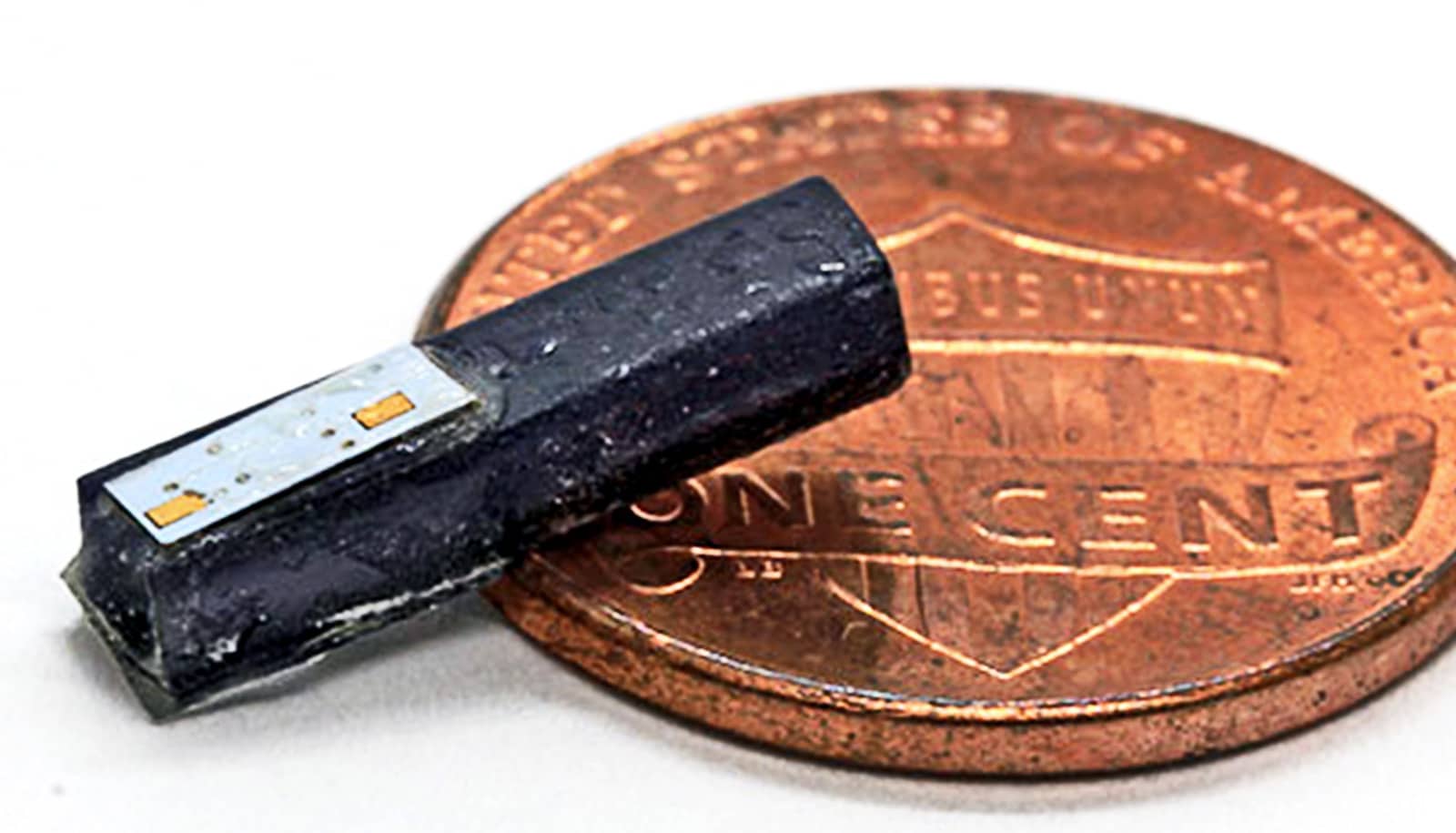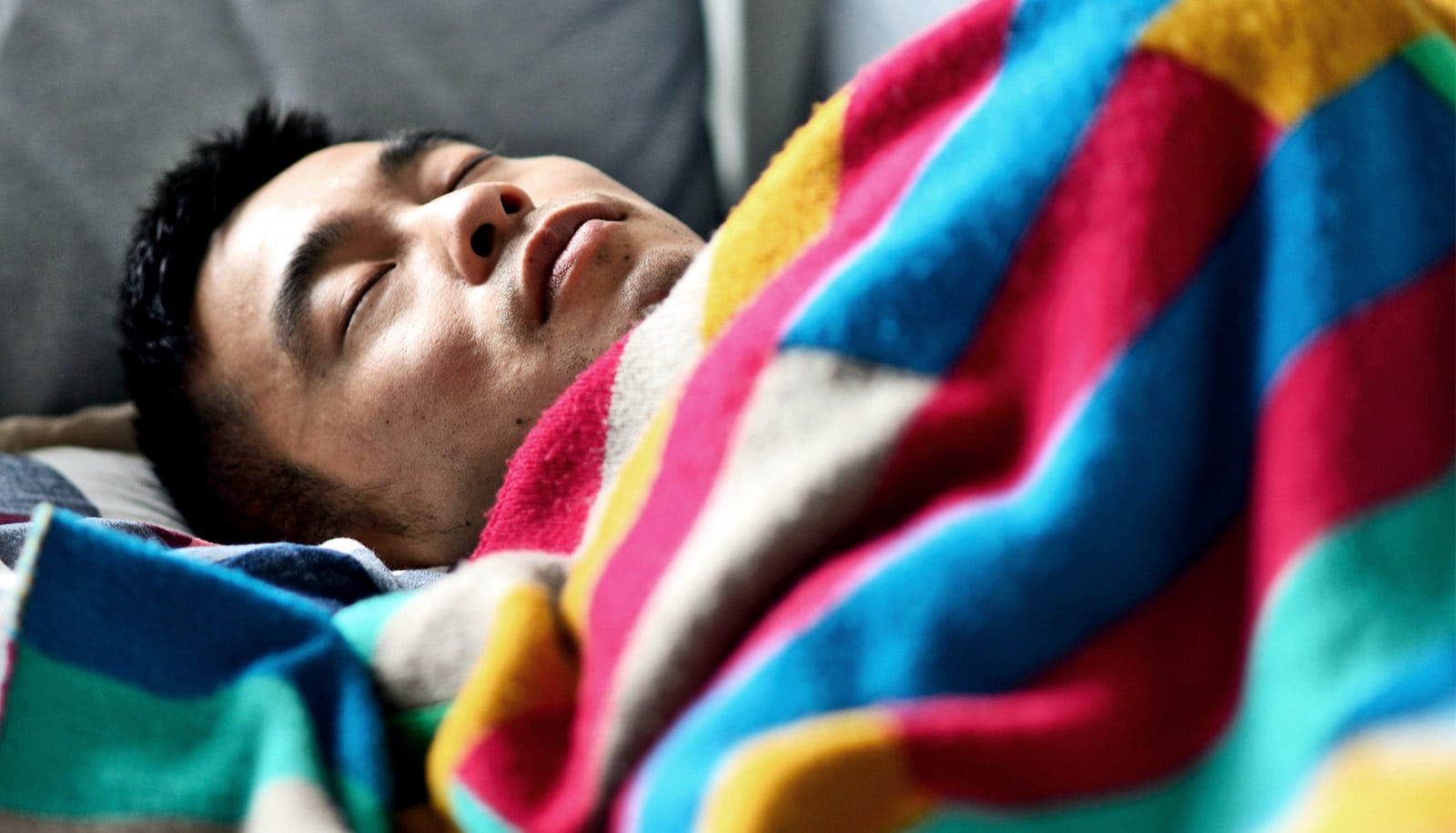Brain stimulation can rewire and heal damaged neural connections, but it isn't clear how – research suggests personalization may be key to more effective therapies
Existing brain connections may influence the effectiveness of neurostimulation. Tailoring treatments to each individual brain could expand the number of conditions brain stimulation can treat.
July 6, 2022 • ~9 min





